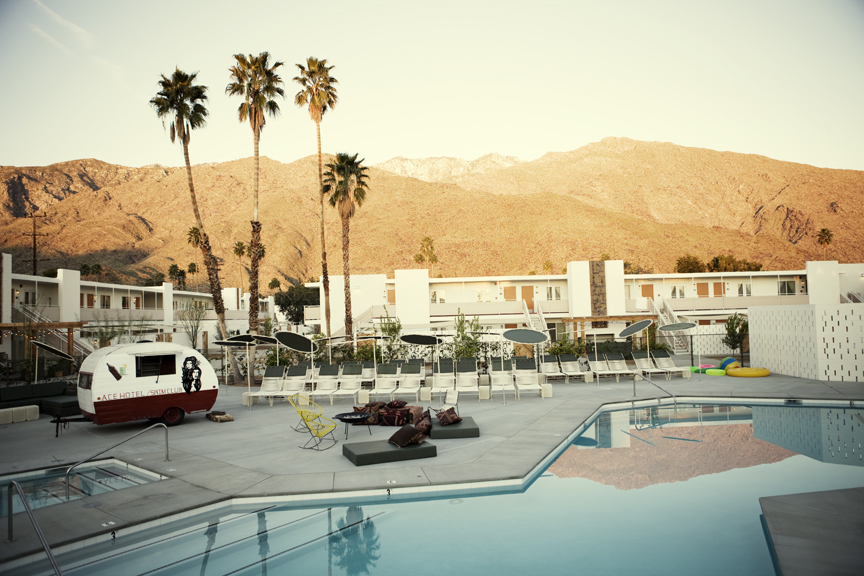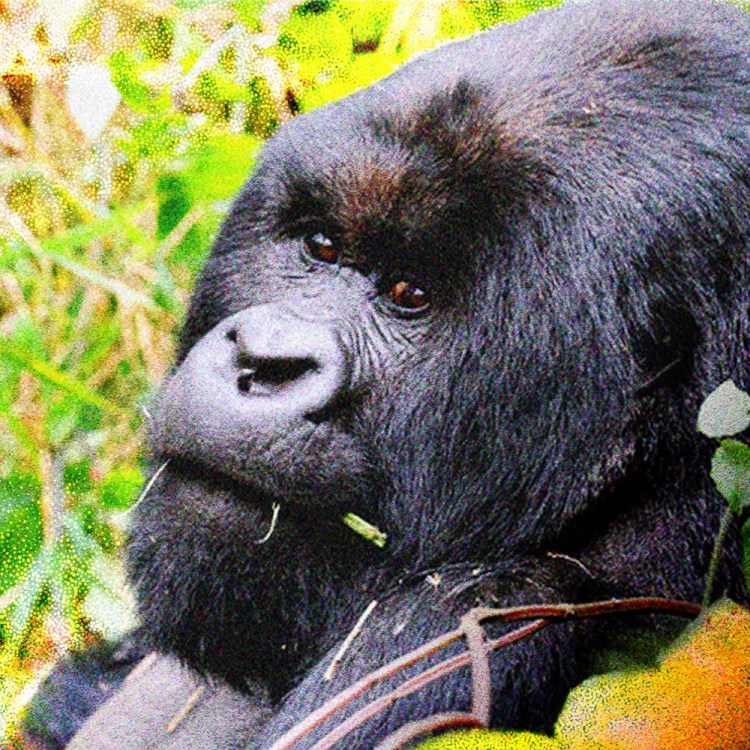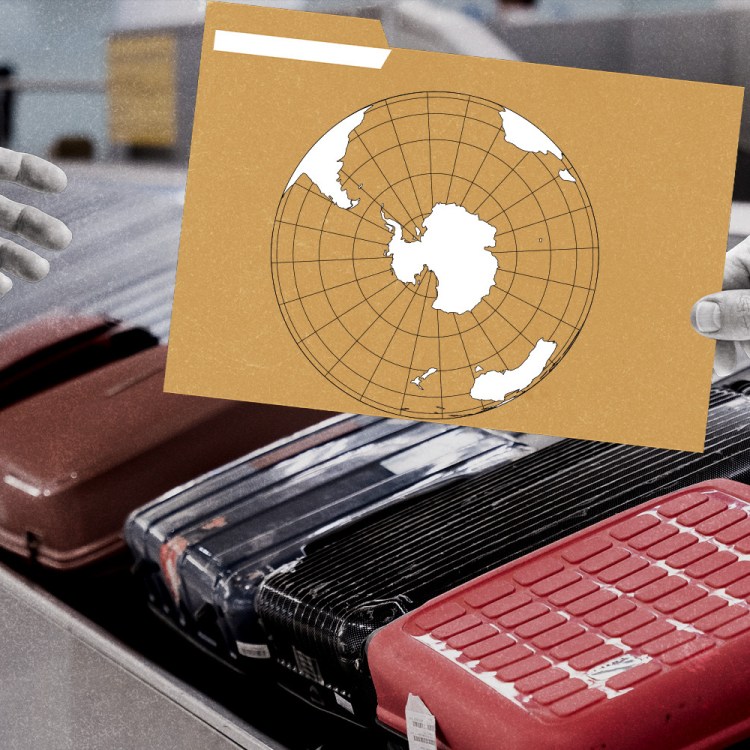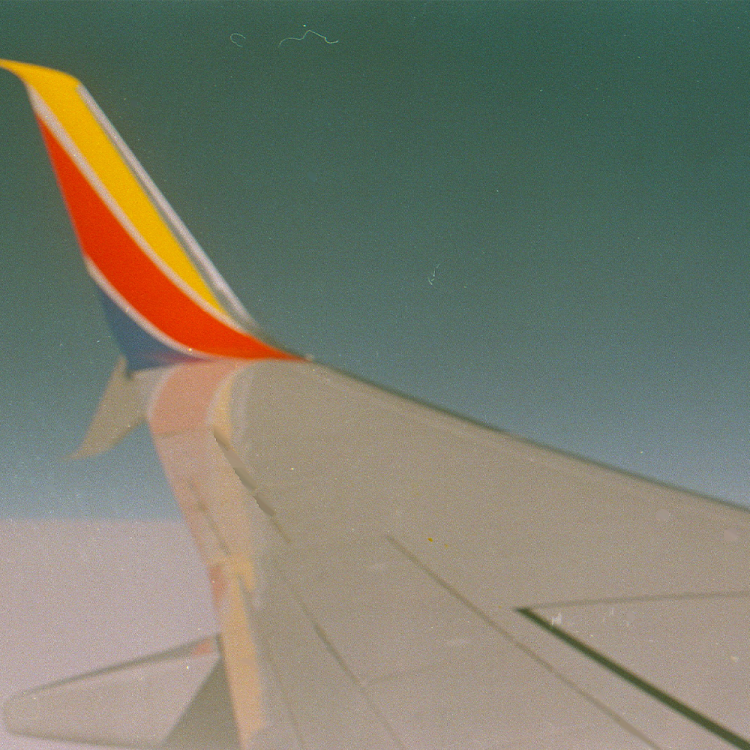In the beginning of the 1980s, there was a problem. With hotels.
In this pre-Internet, pre-TripAdvisor world, business travelers prized reliability and familiarity: a Marriott man remained a Marriott man whether in Austin or Atlanta, in Portland, Maine or Portland, Oregon. Bereft of past guests’ opinions and photos, or a library of instantly retrievable professional criticism, travelers punted. They aligned themselves with one brand until a change in circumstances allowed a parallel evolution — from Best Western to the Hilton, or Holiday Inn to the Hyatt.
“The challenge, though, is that they were boring, and lonely,” says Brad Wilson, CEO and president of Ace Hotels. McDonald’s with beds. “Generic hotels functioned as a safety valve: A brand I recognize means ‘safe’ — so even if I stay in a new city, at least I won’t be afraid of the accommodations.”
Then came the Internet, and it was good, and awful — for all of us, including hoteliers. For the first time, travelers had access to listings, photos and reviews of hotels around the world. With this exposure came a higher tolerance for risk, and a desire for something better: a property better aligned to one’s own preferences, whether those might be a suspended waterbed, designer toiletries or a condom menu.
First there was the eponymous brand founded in 1981 by Bill Kimpton, whose signature idea was to put a goldfish in each room — a balm for the perpetual isolation of life on the road. (This amenity remained available until 2018 at many Kimpton Hotels, even after its $400 million acquisition four years earlier by IHG.)
Kimpton’s Bedford Hotel, in San Francisco, is arguably the world’s first boutique hotel, as well as the first “to feature a hosted evening wine hour.”
Then there was Morgans, founded by Ian Schrager and Steve Rubell, which opened three years later in Manhattan’s Midtown, another perennial contender for the world’s first boutique hotel.
And then there was the Ace.
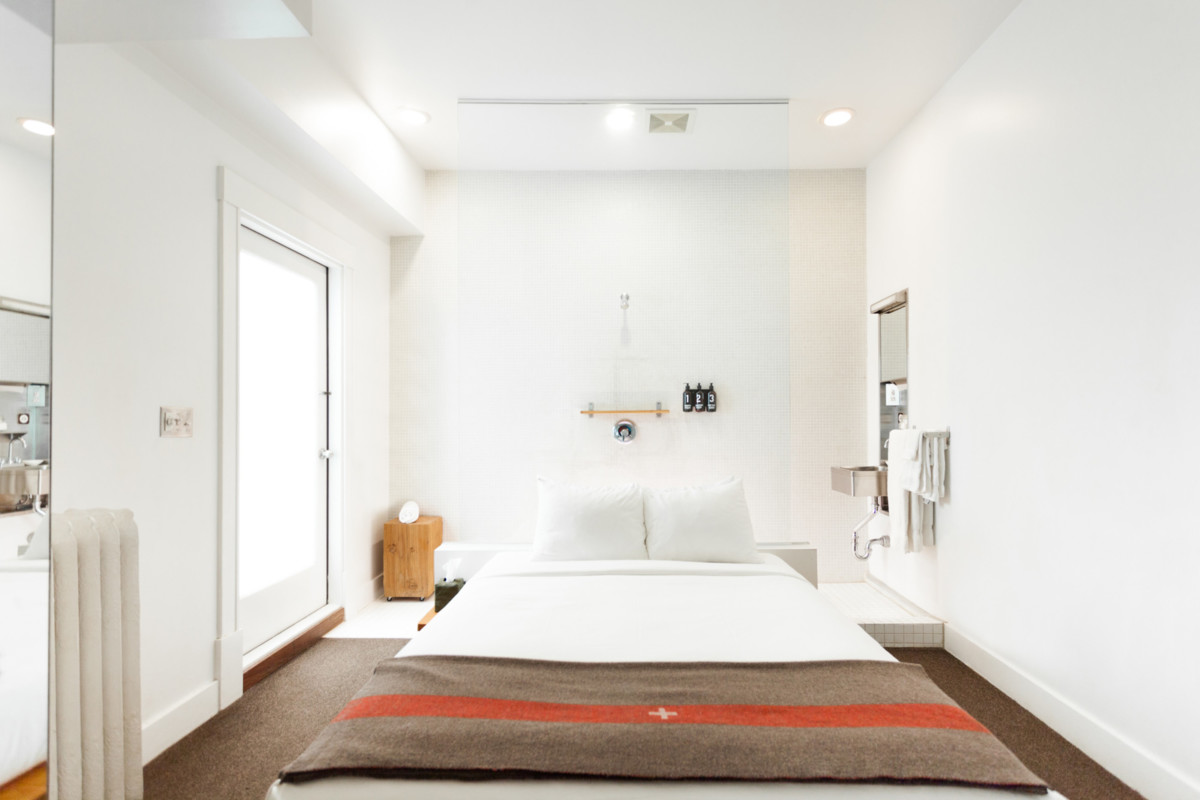
That is the origin story of the boutique hotel. Now, evening wine hours and carefully curated snack bars are ten-a-penny, and variations on the Ace theme are ubiquitous. There’s the Ace, but make it British (the Hoxton). The Ace, but make it cheaper (CitizenM). The Ace, but make it a hostel (Generator). Even newer to the market are the corporate variations, quirky, Ace-lite spinoffs from giant brands like Moxy (by Marriott) and Motto (by Hilton).
As the brand celebrates its 20th anniversary, it’s growing, with new hotels (Kyoto arrives in early 2020 and Sydney is further down the road) and new subsidiary brands, like the tech-philic Sister City on Manhattan’s Lower East Side or Maison de la Luz in New Orleans, a drop-dead gorgeous experiment in luxe living, with interiors designed in partnership with L.A. agency Studio Shamshiri.
Ace’s creative DNA, though, has proven to be both extraordinarily resistant to change and impressively protean. Even after the sudden death in 2013 of Alex Calderwood, the brand’s co-founder and by all accounts the central node on a network of creative collaborators spanning the world, including Shepard Fairey, Sonic Youth, essayist Jia Tolentino (a one-time writer-in-residence) and Bon Iver (who name-checks the hotel in “33 “God”: “Staying at the Ace Hotel / If the calm would allow / I would just be floating now”).
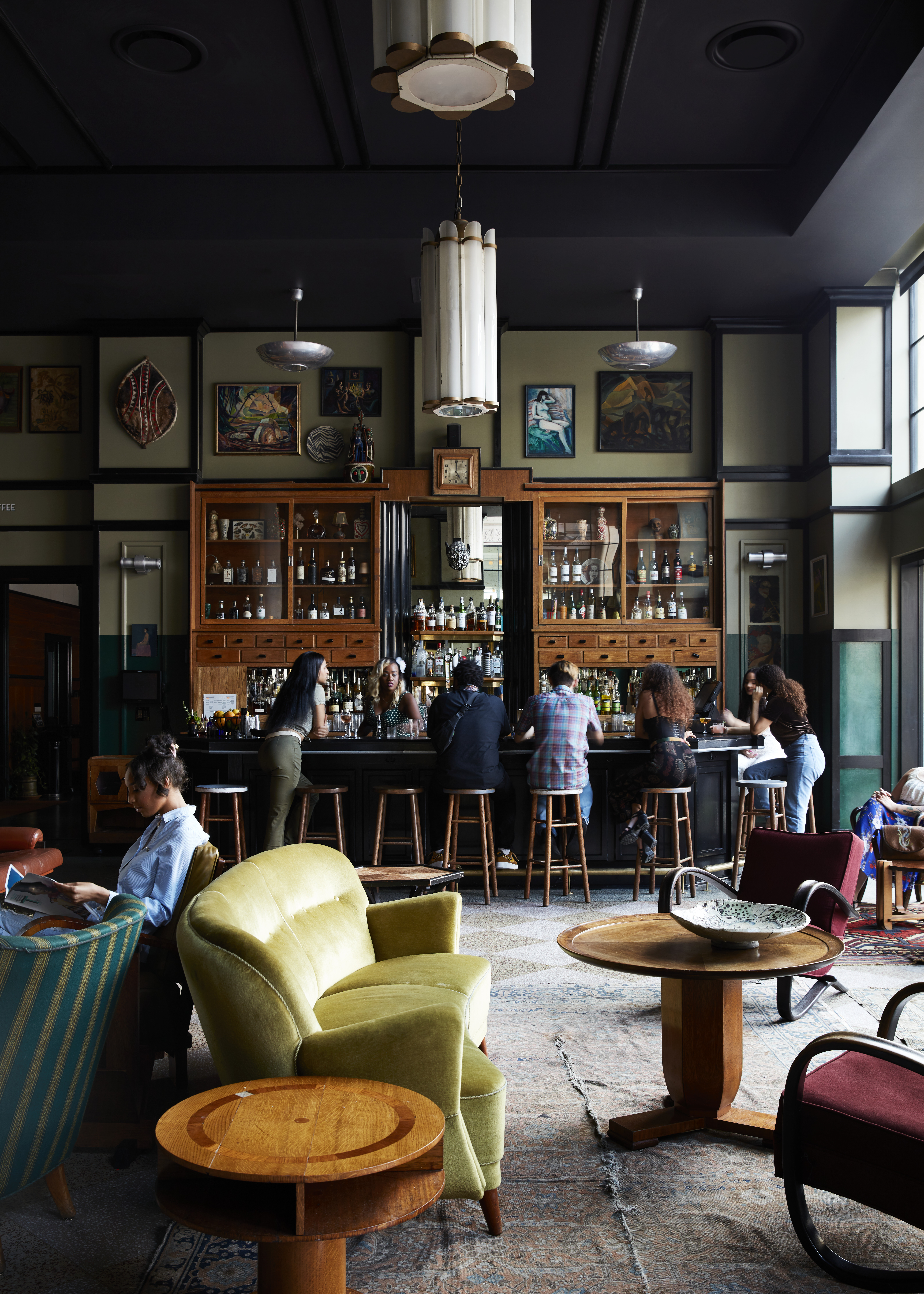
Back in 1999, the Seattle Ace seemed to be a hotel almost by accident, more a pop-up residence for visiting musicians than a proper lodging with “Privacy Please” tags on the doorknobs. Calderwood and his partners, Wade Weigel and Doug Herrick, bought the property (once a “maritime workers’ hotel”) without knowing exactly what they would do with it. A hotel was one option; another was short-let apartments. Having settled on the former, the team settled on the signature Ace aesthetic. “It’s design-comfortable,” says Weigel, resisting a description of “design-savvy.” “It’s homey, rather than overdesigned. You weren’t in a hotel that was so designed that you didn’t really feel comfortable. It was more like a friend’s living room.”
That social vibe was a key to its success, and replicated in a way specific to each city: Seattle’s communal style was later interpreted as New York’s “big grand lobby,” says Wilson, which was itself restyled as L.A.’s open rooftop and pool. (“That’s just L.A.,” Wilson says. “The big, dark lobby of New York doesn’t fit L.A.”) There would later be he huge “swim club” pool parties at the Palm Springs hotel, or Miranda, the buzzy basement bar/performance space uniquely suited to London’s Shoreditch neighborhood.
As much as early press focused on the hotel’s visual aesthetic, its real value came in the community created in those bespoke social spaces, which helped its visitors find friends, business partners and paramours — no goldfish required. “Suddenly it was possible to travel and have a social life,” Wilson says. “You could travel without feeling like you were sacrificing as much of your life as you had before.”
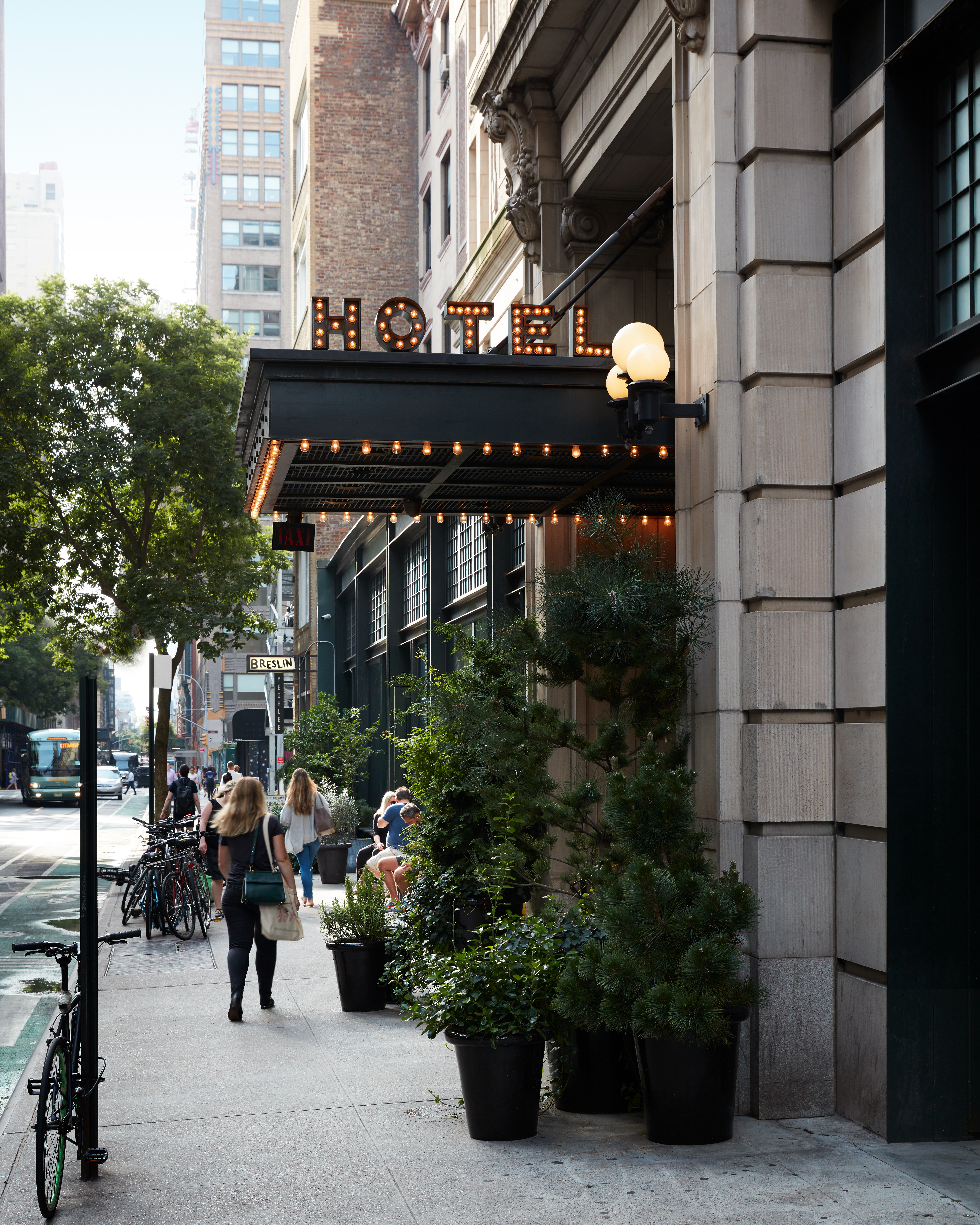
For a normal company, expansion might have come quickly on the heels of Ace Seattle’s success. But Ace was not a normal company. It was instead the organic evolution of a confederation of creative professionals, many of whom met Calderwood while working for or with him at Neverstop, a marketing agency specializing in pop-up and ephemeral experiences. No one on the core team had run a hotel, much less built one from scratch — but chief brand officer and partner Kelly Sawdon demurs when asked if the process of creating one was chaotic. “It wasn’t. It was a group of really creative people constantly engaged in conversation about ideas and directions. There wasn’t a set plan because we didn’t know the typical process of designing a hotel — so things were loose, but in a good way: ‘Oh, hey, I ran by this store and found all these army fatigues, and we should make these into headboards.’”
Seven years passed before the second Ace opened, in Portland, with two more coming in quick succession in 2009: the swim-centric Palm Springs and the New York edition, built within the former 1904 Breslin Hotel, once home to photographer Alfred Stieglitz. Now there are Aces in London, Downtown Los Angeles, Chicago, New Orleans and Pittsburgh; Paris and Tokyo occupy top spots on a list of possibilities. (“We’ve been poking around Paris for a long time now — it’s a tough real estate market,” Wilson says.)
If one of those cities is not exactly like the others, the creation of Ace Pittsburgh offers a good example of the Ace ethos at work. Many people — at least those unfamiliar with its world-class schools and deep associations with Andy Warhol and Frank Lloyd Wright — might have considered the Rust Belt city an unlikely inclusion in a lineup of world/style capitals. “Pittsburgh wasn’t a city on our radar until this guy — a local developer named Matt Ciccone — came up and was like, ‘You gotta check out the city.’” Calderwood and Sawdon flew in, toured a former YMCA building, and met with the curator of the Warhol Museum. “We ended up jumping on it,” she says.
Both Sawdon and another long-time Ace employee, Ryan Bukstein, who started as an intern while a student at the University of Washington in Seattle and is now the firm’s vice president of brand, point to the construction of the theater at the DTLA Ace as another example of enthusiasm trumping typical business concerns. “It’s a 1600-seat historical theater founded in 1927 by the United Artists Group,” says Bukstein, who, if anything, is underplaying the former United Artists Theater’s spectacular Beaux Arts interiors. Unbelievably, the space sat unused for nearly two decades, until Ace bought it in 2011. “It was [iconic actor and producer] Mary Pickford’s baby — she wanted a place where she could show her films.”
The industry playbook would have called for bringing in outside management. Instead, the Ace team studied up on how to run a theater. The fully renovated space is plainly spectacular; upcoming events range from a talk with Gloria Steinem and Jameela Jamil to performances by Jenny Slate, Michael Kiwanuka, John Cameron Mitchell and Philip Glass. “[The theater] is a perfect example [of that spirit],” Sawdon says. “It’s not rocket science. It takes more thought and research, but I think the team that we’ve been able to attract all these years is a group of people who are curious and want to continue to learn.”
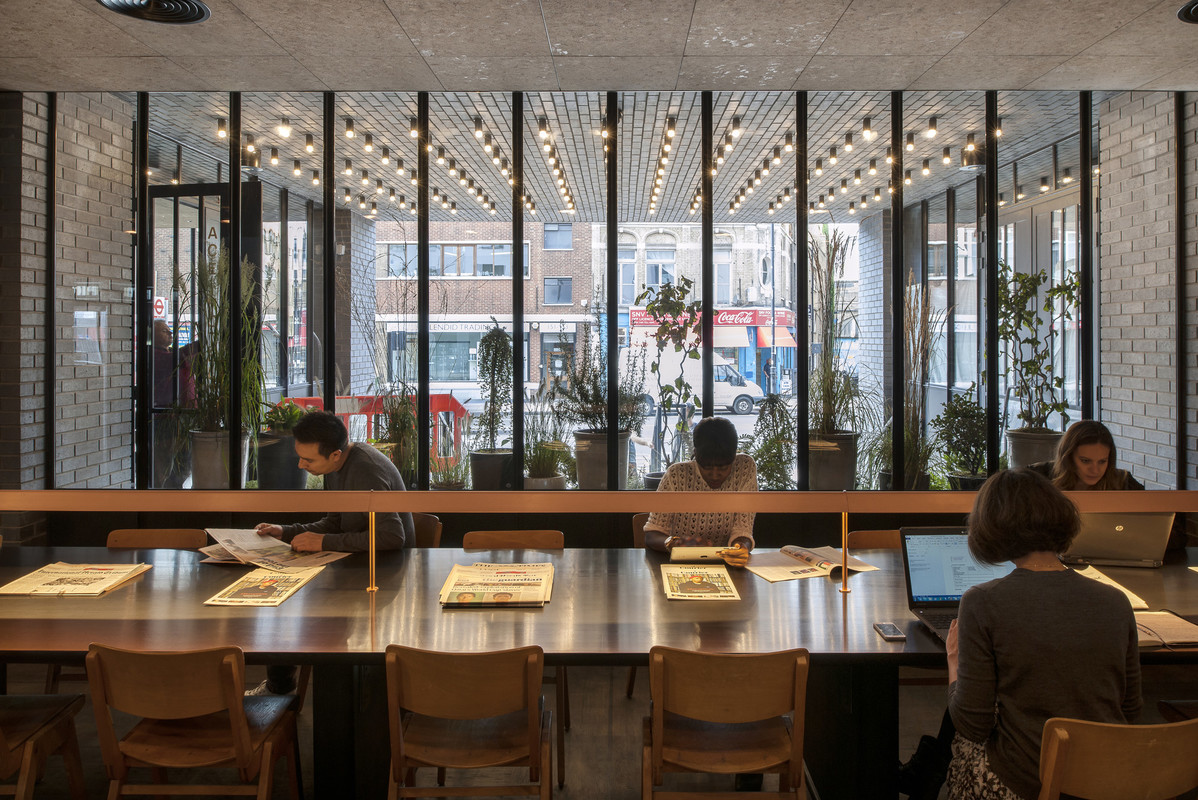
Brad Wilson joined the brand as CEO in 2011, as Weigel and Herrick stepped back from the larger company Ace was becoming. (They both maintain their ownership of the first two Aces.) Wilson did, in fact, have decades of experience in the hospitality industry — not just as his mother’s helper but as vice president of operations at W and the CEO of The James Hotel Group. (He was also the guy Alex Calderwood called when he had questions about housekeeping.)
Now, Wilson is looking to the opening of the Kyoto hotel and to Ace’s future endeavors, rather than fending off competitors aping his company’s style. “I look at some of these hotels that have developed brands very specifically in relation to our hotel in New York or Portland — we wouldn’t do that because we’re evolving to the next thing,” he says. “Other brands might say, ‘Here are the program points that we’re going to put in every hotel: there’s gotta be a communal table, and there’s gotta be a social space, and there’s gotta be a coffee bar.’ We adjust to where we’re going.”
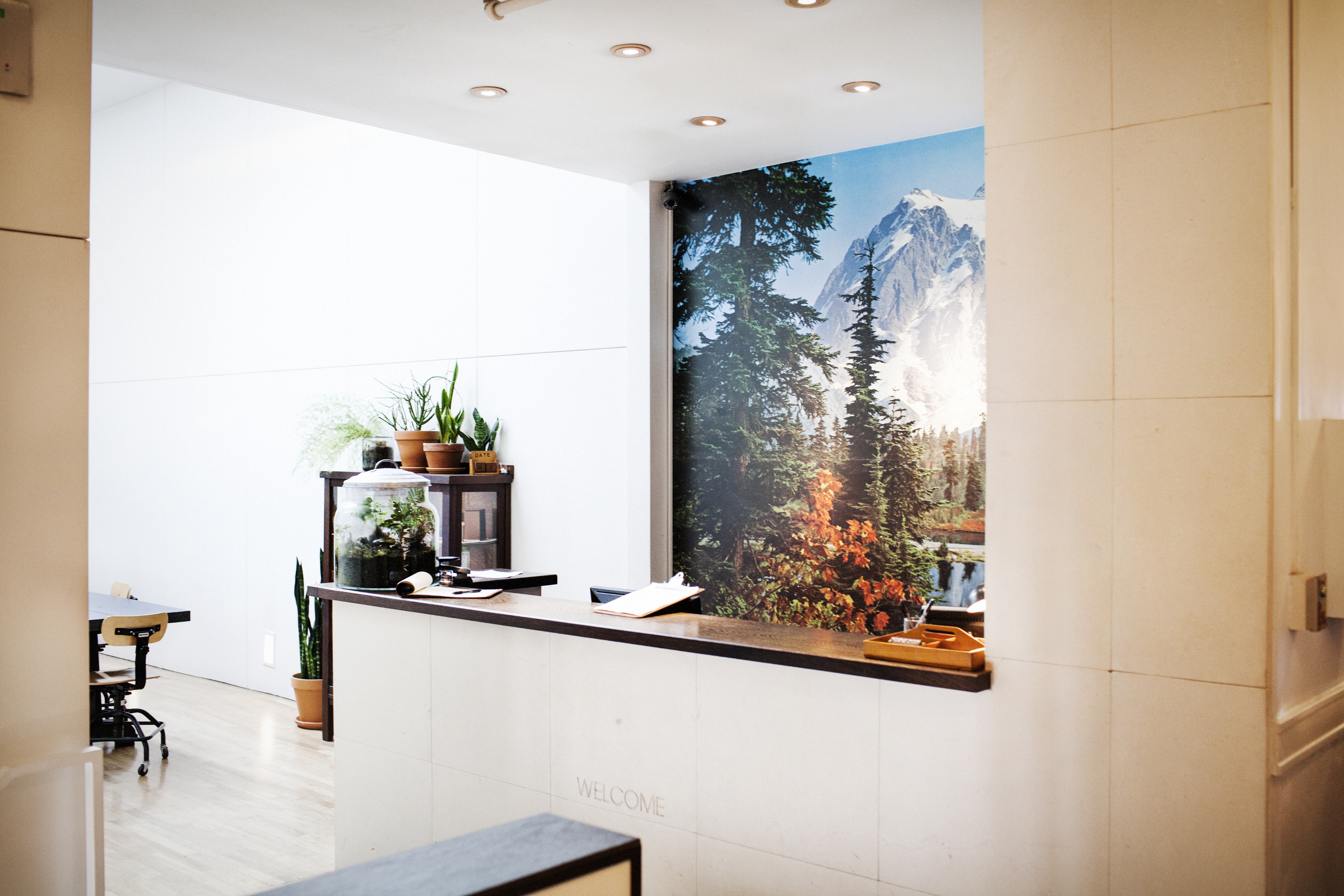
In that sense, the brand’s unique value proposition isn’t creating a super-social space — it’s a willingness to follow its nose, whether that nose leads it to Pittsburgh, or to restoring a 1927 theater, or to something with roller skates. It also follows where its friends lead, a core philosophy Wilson credits to Calderwood. “We make friends,” Wilson says. “We find out who’s doing cool stuff, become friends with them, and have them help us — that always seems to work, to get to the right space, the right neighborhood, where people want to be. No one else does that.” Among those friends are the Paris-based group Quixotic Projects, which in its hometown has launched popular spots like Candelaria, a taqueria, and Le Mary Celeste, a bar; they’ve since taken on the task of running Bar Marilou, at Maison de la Luz, and offer advice on potential properties in Paris. “That’s why we end up in unique neighborhoods, and then people tend to follow us into those neighborhoods,” Wilson says. “One of the development people for one of our competitors said, ‘In the end, my development plan is, I’ll put a hotel near any Ace.’”
Ace’s success is that they’re telling their own version of the future. If it can keep doing that, expect another two decades of riffing, reiterations and corporate knockoffs. Which is fine with Ace. “Copying can be flattering,” Wilson says. “But it can’t beat you.”
This article appeared in an InsideHook newsletter. Sign up for free to get more on travel, wellness, style, drinking, and culture.
